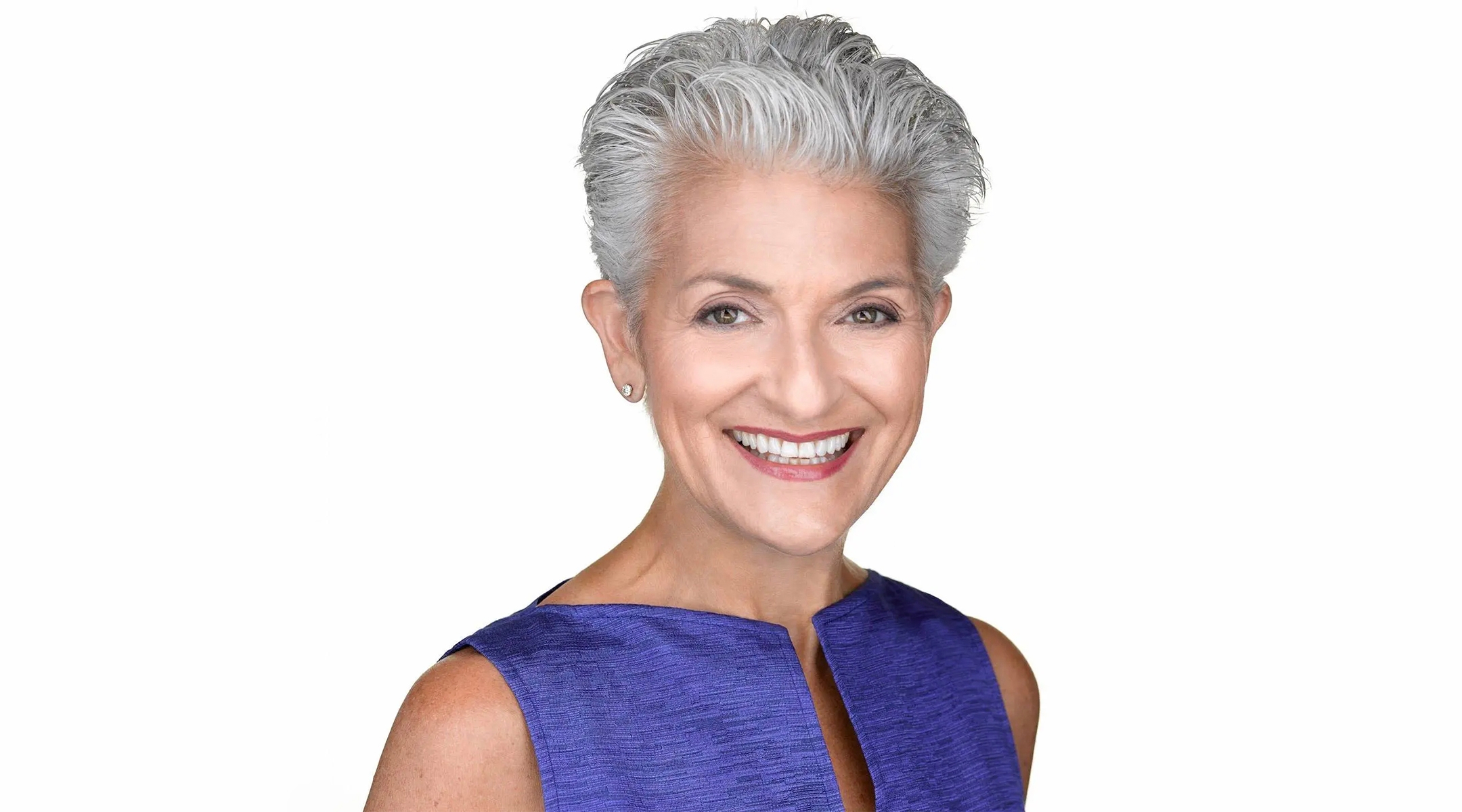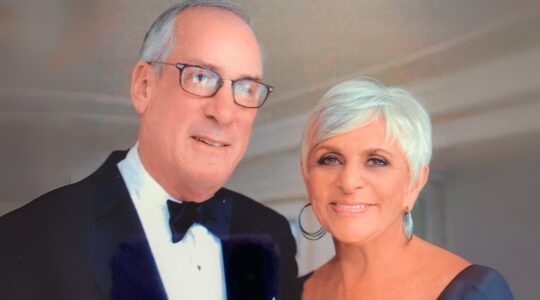This article is also available as a weekly newsletter, “Life Stories,” where we remember those who made an outsize impact in the Jewish world — or just left their community a better or more interesting place. Subscribe here to get “Life Stories” in your inbox every Tuesday.
Susan Farb Morris, 68, PR executive and ‘dot-connector’ for Houston’s Jews
Susan Farb Morris was spending Father’s Day weekend in Galveston, Texas with her husband, children and grandchildren when the balcony of the vacation home on which she was standing collapsed. She died of her injuries on June 14, at 68.
Her death shocked her hometown Houston community where, as the founder and president of Susan Farb Morris Public Relations, she was known as “The PR Fairy.” In addition to arts and corporate clients, Morris worked with nonprofits and Jewish community organizations, including Alexander Jewish Family Service, Evelyn Rubenstein JCC Jewish Book & Arts Festival, Interfaith Ministries of Greater Houston and Second Servings of Houston.
She served on the board of directors of the Alexander JFS and, since 2019, chaired its ReelAbilities Film and Arts Festival, which showcases films by and about people with disabilities.
Three years ago, to celebrate her mother Sylvia Farb’s 95th birthday, Morris and her sisters worked with Second Servings to feed 95 families in need. Donations filled refrigerated vans with almost 2,000 pounds of food.
“None of us can imagine our community without Susan in it,” a close friend, Dee Dee Dochen, told Houston’s Jewish Herald-Voice. “Susan was the most amazing and effective dot-connector on the planet, with insatiable curiosity and brilliance in both mind and spirit.”
Anouk Aimée, 92, icon of 1960s New Wave cinema
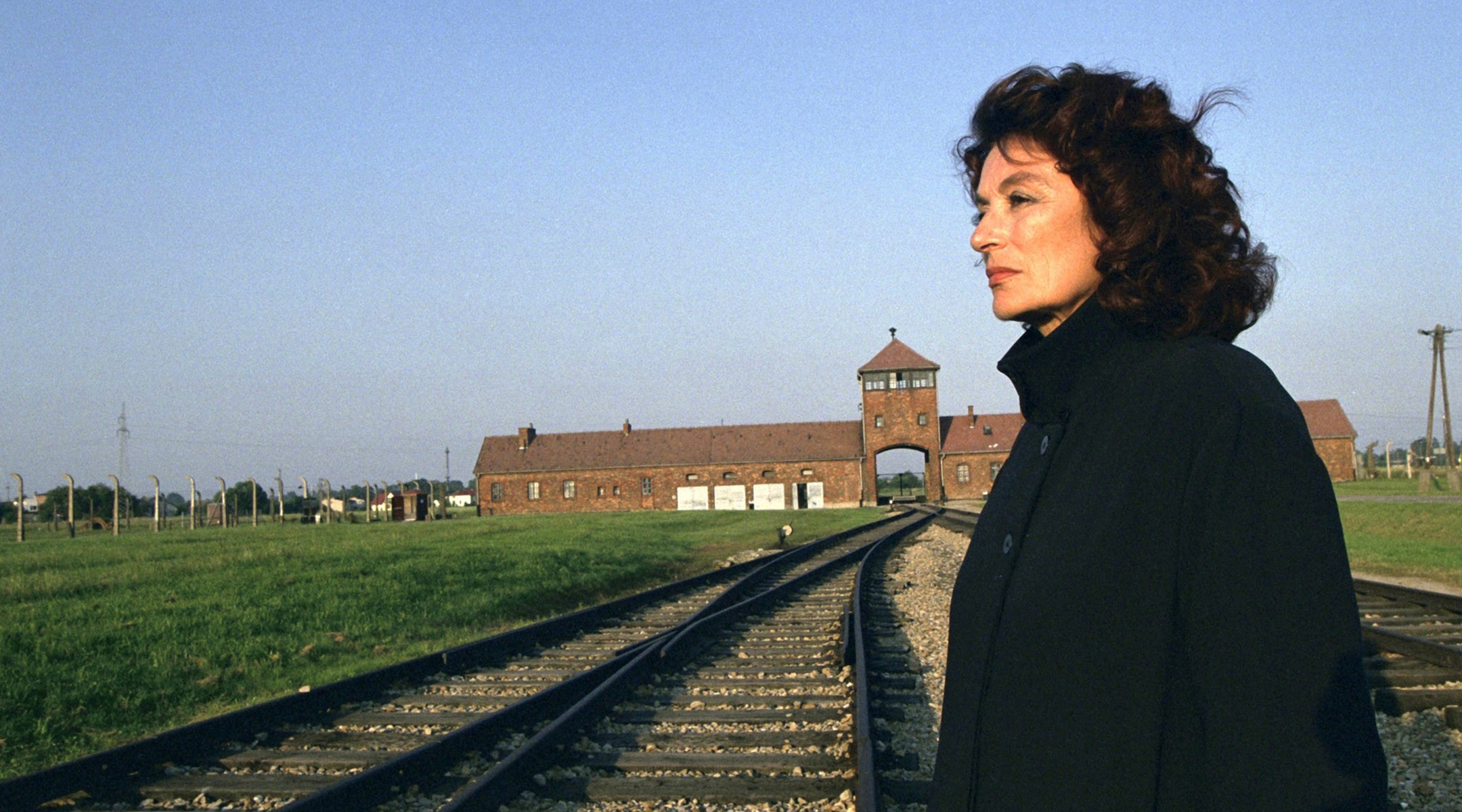
Anouk Aimée starred as a Holocaust survivor in Marceline Loridan-Ivens’ 2003 film “The Birch-Tree Meadow.” (Studio Canal)
French actress Anouk Aimée was best-known for her work in Jacques Demy’s “Lola,” Claude Lelouch’s “A Man and a Woman” and Frederico Fellini’s “La Dolce Vita” and “8 ½” — films that placed her squarely in the Left Bank new wave and the multinational art cinema of the ’60s.
Decades later, in 2003, she starred in a film that confronted, obliquely, her own past: In “The Birch-Tree Meadow” she played an aging Jewish filmmaker who returns to Auschwitz for a reunion with fellow Holocaust survivors. Born Nicole Dreyfus to a Jewish father and Catholic mother in 1932, Aimée was not interned in a camp but grew up aware of the dangers present under the German occupation of France and the Vichy regime.
Although she was reticent about her own past, “she spoke with eloquence and animation about the importance of documenting this chapter of Jewish history,” according to the Jewish Women’s Archive. She died Tuesday at her home in Paris. She was 92.
Yahya Ben Youssef, one of the last Jews in Yemen
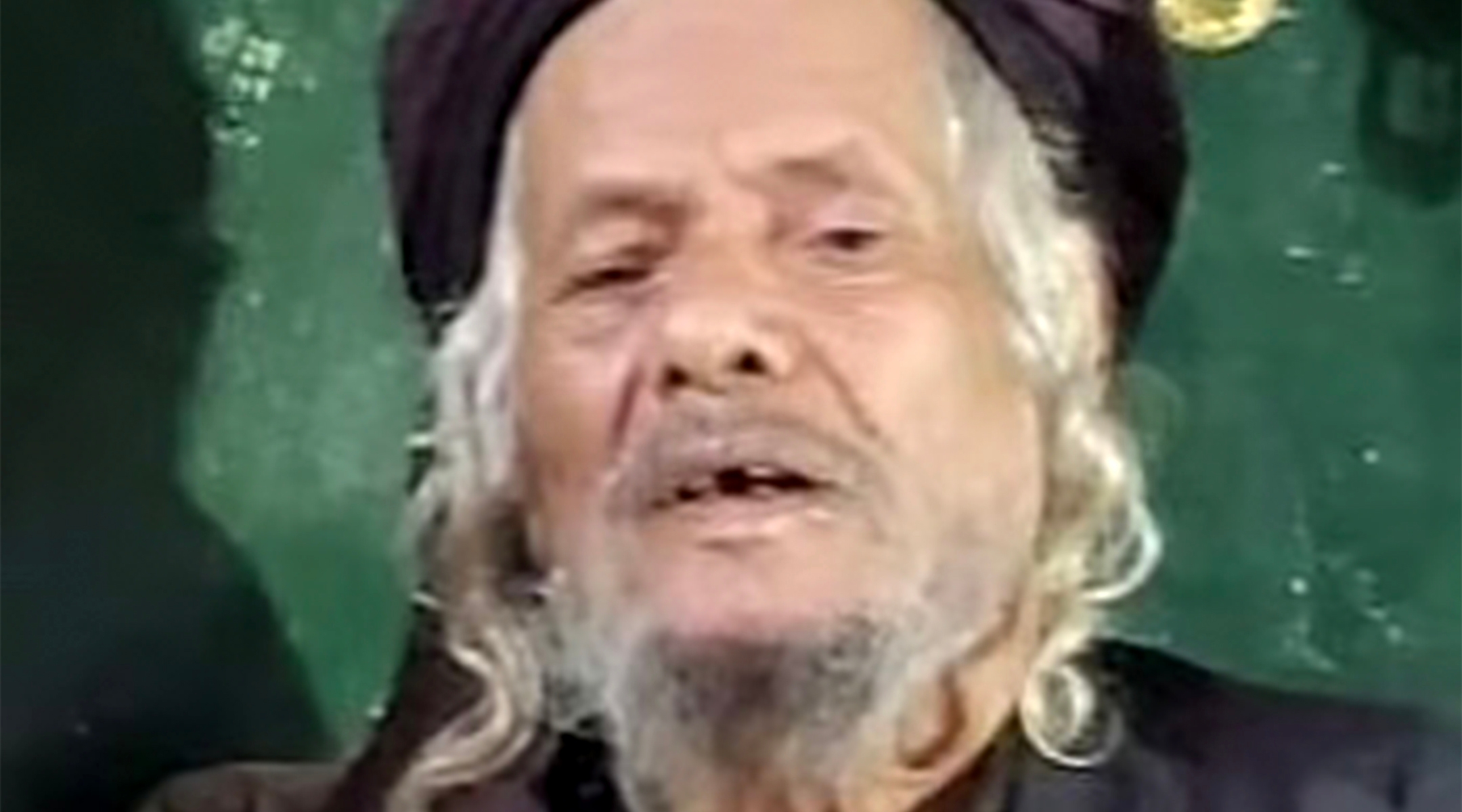
With the death of Yahya Ben Youssef this month, the Jewish community in Yemen has dwindled to just five members.(Via Ynet)
Yahya Ben Youssef, one of the last remaining Jews in Yemen, died earlier this month. Ynet, which reported his passing, did not give his age.
With his death, the Jewish community in Yemen has dwindled to just five people, including Ben Youssef’s elderly wife.
“Yahya, who had no children, was laid to rest by his Muslim neighbors in the village of Madar, north of the capital, Sanaa,” Ynet reported, citing a video that showed his body wrapped in a Jewish prayer shawl.
Prior to the creation of the State of Israel, the Jewish community in Yemen numbered nearly 50,000 members. Shortly afterward, the vast majority immigrated en masse to the new country.
Elinor Fuchs, 91, theater scholar who championed the avant-garde
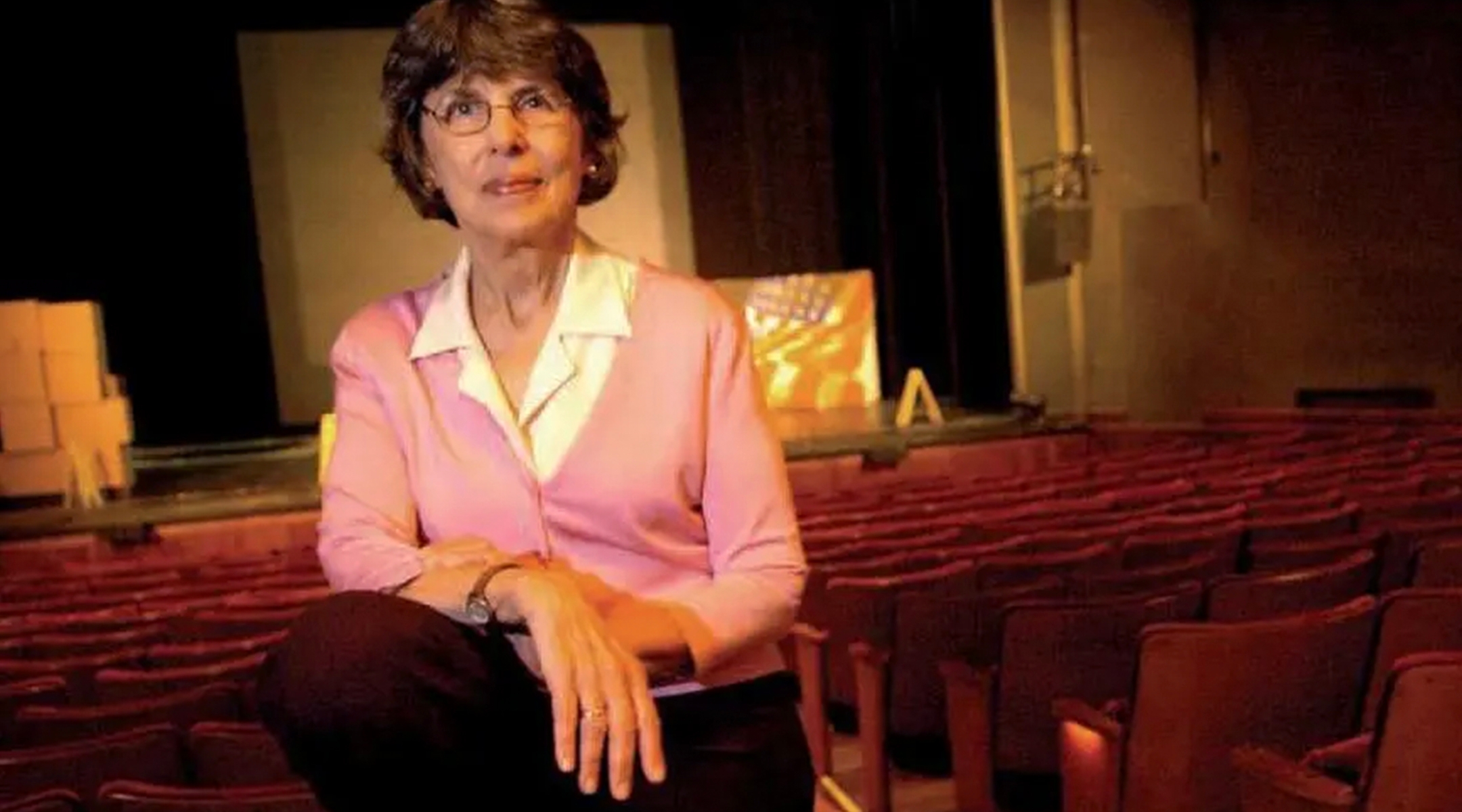
Elinor Fuchs was a trailblazing theater scholar, critic and playwright. (David Geffen School of Drama at Yale University)
As a professor at the Yale School of Drama and a theater critic for The Village Voice, Elinor Fuchs wrote widely on modern and contemporary theater. In reviews and books like “The Death of Character” (1996), she championed experimental fare.
She also wrote (with Joyce Antler) an award-winning play, “Year One of the Empire”; her memoir, “Making an Exit,” describes how her mother, Lillian Ruth Kessler, created a major export company for automobile parts and heavy industrial and military equipment before succumbing to Alzheimer’s.
In “Plays of the Holocaust: An International Anthology” (1987), Fuchs describes how the communal ritual of theater confronts and refutes despair: “In the very act of representing the annihilation of the human community, then, the theatre itself offers a certain fragile potentiality for re-creation.”
Fuchs died on May 28 at her home in Manhattan. She was 91.
Melvyn Hartog, 76, burial chief who brought consolation to thousands of British Jews
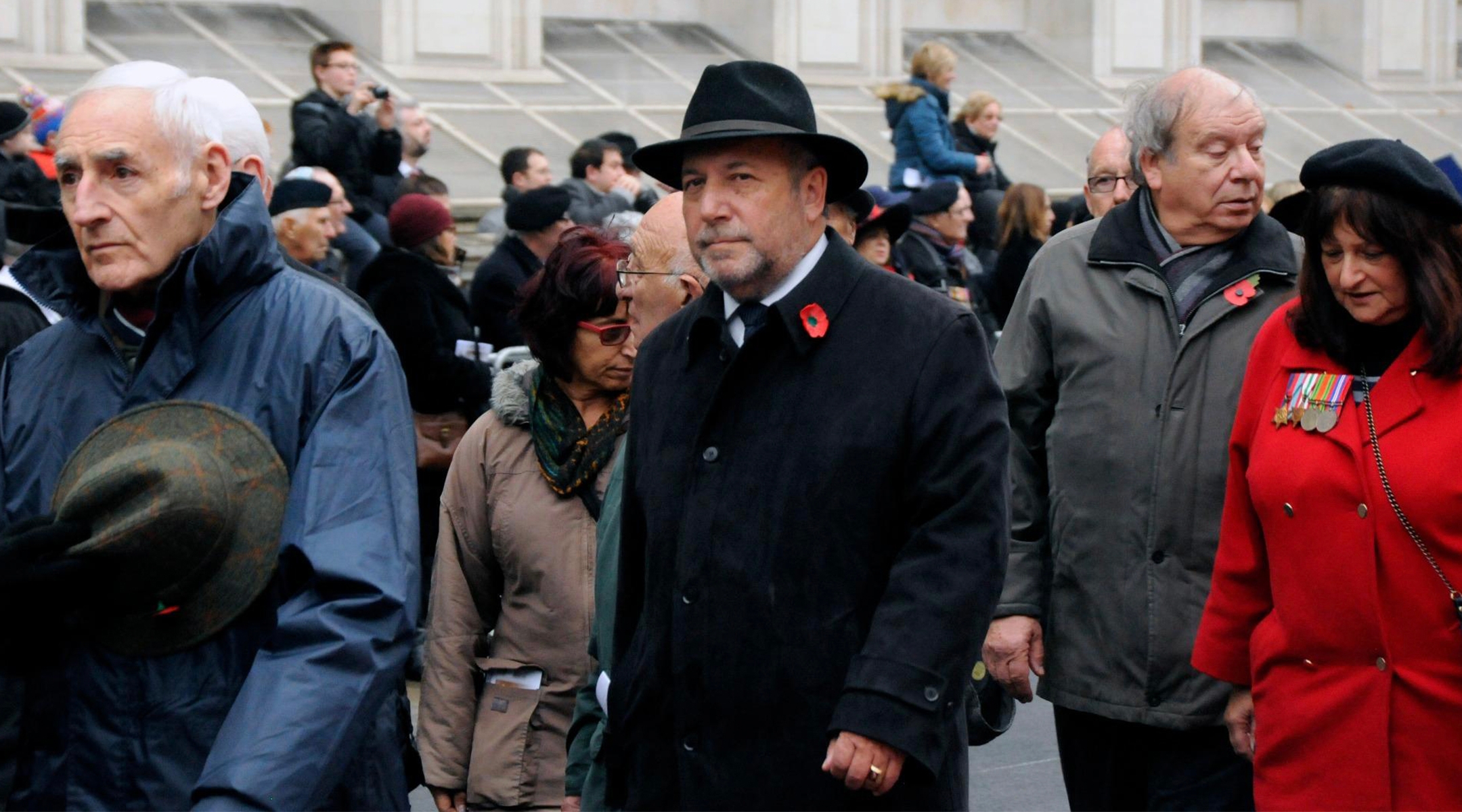
Melvyn Hartog was head of burials at Great Britain’s United Synagogue for 23 years. (Via X)
Melvyn Hartog regularly gave a talk to Jewish communities throughout Great Britain called “Talking About Death Won’t Kill You.” For 23 years, Hartog led the burial society of the United Synagogue, the union of British Orthodox congregations, and encouraged loved ones to make arrangements should the worst happen. “As a result, countless families were better prepared,” Michael Goldstein, president of the United Synagogue, told the U.K.’s Jewish News.
The job wasn’t without its risks and outrages: Hartog spoke to authorities whenever Jewish headstones were vandalized, and in 2019 he was assaulted by a haredi Orthodox Jew in an unspecified dispute over burial practices.
Hartog died June 16 after a brief illness. He was 76. In a tribute, Britain’s Chief Rabbi Ephraim Mirvis wrote that Hartog “brought comfort, reassurance and consolation to thousands of people and was an extraordinary beacon of light and inspiration to us all.”
JTA has documented Jewish history in real-time for over a century. Keep our journalism strong by joining us in supporting independent, award-winning reporting.
